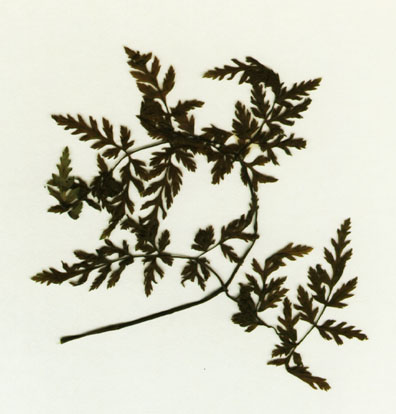 |
 |
'...a graceful image of Mother Nature'
1) Supplication--asking for guidance by using ourown words or set prayers;
2) Meditation--being still in body, which is conduciveto the settling of the turbulent waters of issues in the mind--confusionfalling away so that the voice of our conscience can be heard;
3) Appreciation--caring, thankful, and loving thoughts,which in turn energize our body;
4) Application--putting the inner guidance of ourconscience into action.
Sometimes we layer our mind with excuses for not acting on the directiveof our conscience. These layers of mental defense fog our mind to whatis best for us, blocking out the best outcome.
Supplication
Supplication is asking for our prayer to be answered. The set prayersfrom religious traditions can set us in the frame of mind that somethingoutside our ordinary daily thinking and experience can intercede in ourlives.
We can ask for events to turn a certain way when we want a specificoutcome, or we can ask for the best (though perhaps unknown to us in themoment) outcome to happen in our lives or in others' lives in general.Both ways we are intentionally putting forth our energy.
This is an example of a prayer asking for the 'best' outcome:
Whether or not we use a set group of words in our supplication, we needto spend the moments following our supplication for meditation and reflection.Deep meditation and reflection--our quiet time--allow the answers for usto put into action to our specific requests to filter into our waking mind.
Meditation and Reflection
Meditation is the medication for healing ignorance of our eternal Self.We know about our sensory organs; we know about our emotions; we know aboutour thinking mind; but until we still our body, emotions, and thinkingmind, we do not have conscious contact with our Self--which is part ofthe main eternal core of Self. The joyful effects experienced from theinner stillness of meditation eventually flow outwardly into daily life.Joy invigorates us with plenty of lively energy for caring and sharing;in joy we feel happy and fulfilled.
Going within--reflecting--brings forth clarified reality. When we perceivepast and ongoing events clearly, we see where we are heading. Living eachmoment with caringness and in our highest consciousness of good allowshappiness in our present and future.
We aid ourselves in fulfilling our human potential by maintaining andnurturing a stable secure base. When we are out of balance the resultsof our actions are also. To produce results for the highest good we needto consistently live from our highest consciousness. By living a balanceof work, play, and contemplation we stay centered.
Appreciation
Appreciation uplifts both the giver and receiver…
No matter what our age, we are students of life till we learn how toappreciate and preserve harmony in our life. To maintain control in ourlives we must harmonize for the best resolve in each situation, regardlessof temptation for personal gratification. We become masters of our destinywhen we consistently act on what is best for all concerned.
The teachings of yoga, combined with appreciation for life, providetime-honored cleansing methods, spiritual practices, and guides to virtuousliving, removing our layers of self-deception. Some are: bodily purification--cleandiet and hatha yoga postures; positive attitudes; productive work; prayer--(supplication,meditation, appreciation, application); substituting better for bad habits;living for the best resolve in each moment.
Our eternal Self is experienced by diving deeply through the narrowgateway into our own Heart. The permanent joy that is the hallmark of ourpermanent Self comes into reality for us when we sit very still--immobile--whileemanating lovingness for our Creator, creation, loved ones, everyone.
Our foremost goal is to develop the quality of lovingness--which weachieve through nurturing and caring actions. The choice for acting onlove faces us repeatedly till we become conscious that we are actuallybeings of love. By applying the attitude of caringness, we come to experienceharmony and contentment fully in our life.
Applying the Gift of Ourselves
And lastly, when we add the gift of ourselves in the application ofour prayer life, we bring much happiness to ourselves. Also, the gift ofourselves does not expect a return. With this attitude we allow our caringheart to open and hold gifts beyond measure: contentment, peacefulnessand lovingness--received right in the moment we are being caring. It ispractical to be caring and giving--we are not wasting time thinking aboutwhat someone owes us. There is no downside after giving when we do notexpect a return; we retain our natural harmony and peace. Giving freelywhen the opportunity arises allows energy to flow easily through our actions.And then, when we experience a true need, our harmonious pattern of livingwill draw just what we need to us, from within us--this happens becausewhen we are feeling relaxed, logical thoughts come up in our mind to bestresolve the situation.
Article and Leaf Art © SusanKramer 1998